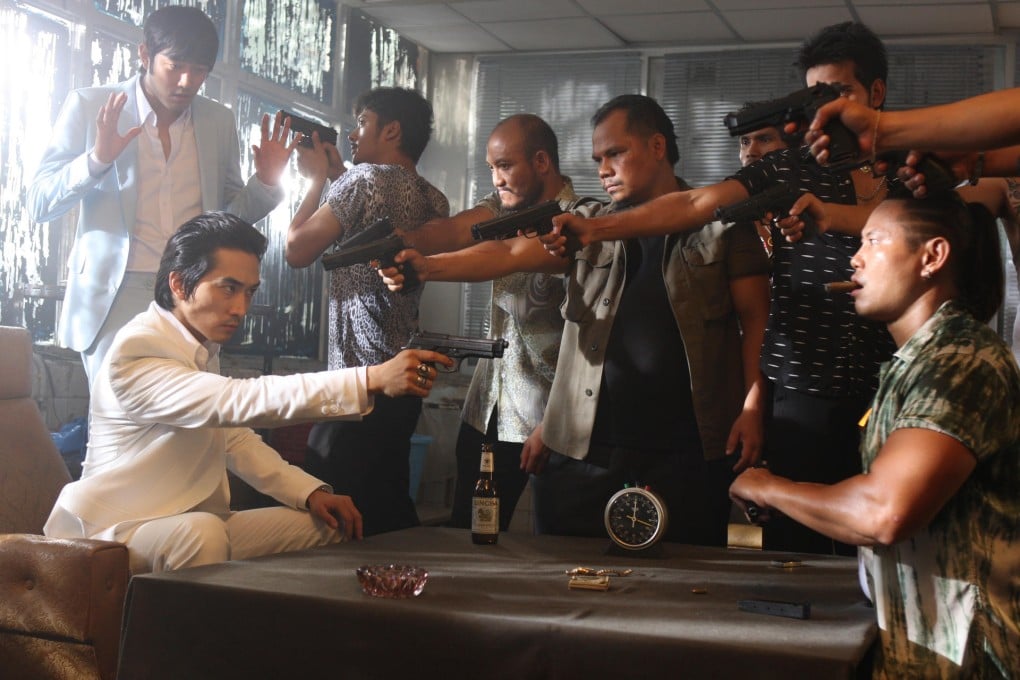Cold Eyes shows how South Korean producers find inspiration in Hong Kong films
Remakes of Hong Kong films are hitting the mark with South Korean cinema-goers

Cold Eyes, one of the hottest films at the South Korean box office this summer, may strike fans of Hong Kong cinema as oddly familiar. That's because it is an official remake of Eye in the Sky, the gripping 2007 Milkyway Image feature about a police surveillance unit that is scriptwriter Yau Nai-hoi's sole directorial outing to date.
Transposed to the city of Seoul, Cold Eyes easily topped the South Korean box office in its first week of release (July 3), taking in US$13.8 million. It had taken in US$34.4 million as of August 1. It has fared equally well among the critics, with at least one praising it as "refreshingly new" and for successfully retaining the spirit of the original, while smoothly incorporating elements of South Korean culture.
Preserving the strengths of the original, while adapting it ... is difficult
Remaking Hong Kong films is nothing new. American filmmaker Martin Scorsese's Oscar-winning The Departed (2006), based on Andrew Lau Wai-keung and Alan Mak Siu-fai's Infernal Affairs (2002), is probably the most famous example. But in recent years, South Korean producers have also shown interest in Hong Kong cinema's back catalogue.
That is partly because many of them grew up in the late 1980s and early '90s, when the genre was tremendously popular in South Korea, and voiced their respect for the well-structured plots dreamed up by Hong Kong screenwriters.
The interest in remaking Hong Kong films may also be seen as part of a broader trend in the South Korean film industry, in which producers increasingly focus on films adapted from existing material, such as novels, webtoons and comic books.
Zip Cinema chief executive Eugene Lee Yu-jin, the producer of Cold Eyes, originally watched Eye in the Sky as a reference for an original script about surveillance she was developing with directors Jo Ui-seok and Kim Byeong-seo.